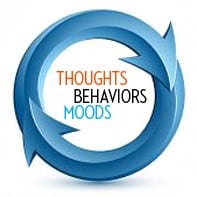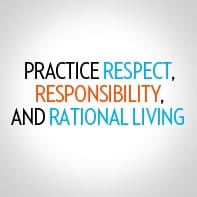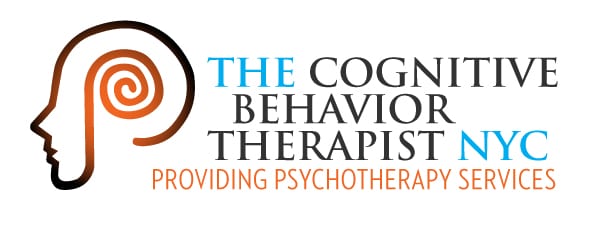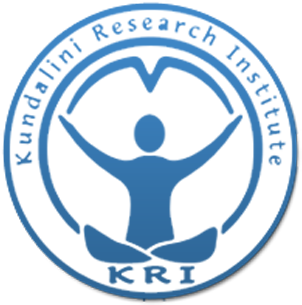Are you feeling Stressed and burned out ? New York City is very stressful city with many reasons that contribute to burnout. While stress is a main contributor to burnout syndrome, burnout is not just stress. Burnout syndrome includes 3 unique characteristics that come in varies degrees depending on each person experiencing it. They are mental and physical exhaustion, cynical/distancing attitude and lowering of self efficacy-belief in your self to work through things.
Burnout does start with chronic stress which creates mental exhaustion and fatigued thinking. When someone’s thinking is fatigued they mentally distance and disengage as a way to preserve energy and attempt to be less sensitive to overwhelming situations. As a result there is less productivity and lowering of self efficacy.
As people become burnout there is energy to maintain emotional balance, and use rational problem solving, as result frustration, cynical feelings and de-motivating negative thoughts take over. How much these situations influence a persons’ burnout depends on their personality and coping strategies and surrounding culture and leadership. Personality traits and skills that involve resiliency, emotional intelligence, conflict resolution and stress management skills can reduce impact of many elements of these contributors.
Here are the six areas that contribute to burnout when someone is stressed.
1. Poor energy management – When someone does not budget and distribute their workload energy requirements well they tend to get burnout really fast and often- they might crash by getting sick and then be forced to take a break. What is critical about workload stress and burn out is when the recovery phase is not long and strong enough to help counter the stress phase. Energy experts agree that because the body shifts energy every 90 min that a mini one min stress break every hour and half is great for productivity.
Personal Skills that can help getting rid of unneccary perfectionism , impatient, anxiety, overwhelmed/disorganized
Organization limits: lack of autonomy over schedule, cultural influences
2. Lack of Control over work role responsibilities and access to resources. This is often because of lack of clarity in what is expected, obstacles in access to the necessary resources or lack of skills. This can be due to ambiguity from managers, poorly defined roles and expectations.
3. Fairness Problems comes from 2 critical types
-Organizational dependability and faith-Fairness translates into perceiving that your supervisor makes equitable decisions in that are aligned with the best interest of everyone in the organization and will give due consideration to people’s contribution versus making decisions based on personal interest or bias.
-Procedural fairness- which is fairness over how decisions are made and how respectful people perceive how they are being treated.
Research shows that perception about procedural fairness and respectfully carries more weight than favorable outcomes of the decision. What is critical is how a situation is handled not necessary the outcome itself.
4. Negative Community -When environments become competitive instead of safe, junior employees distant themselves from seniors, rather than feel encouraged to learn and participate. A sense of positive community can also counter negative affect that comes from injustices or other stressful events. Positive, energized communities are counterproductive to burnout What is critical about community is when there is a disconnection between perceptions of the qualities of community versus perception of personal expectations. When this is not in sync it can have significant impact on motivation to contribute by way of enhancing cynicism.
5. Rewards are two important category types: Incentive and maintenance. Examples of common rewards are finances, opportunity to learn/gain skills. social. access to resources, and perks. What is critical about rewards in in any of the forms is disagreement between perceived rewards deserved and those received.
6. Value Omission or Conflict: Values are the ideals that represent the reason why people were attracted to the field in the first place. It gives people a sense of purpose for doing their job and making contributions they believe in. Value rewards connects to a deep intrinsic reward base that surpasses contingent reward. When a job fails to connect a person to a deeper value they become disengaged and burnout is enhanced.
Value conflict is when the tasks undermines people own values, creating distress and forcing them to actively distance through cynicism as a necessary way to cope.















